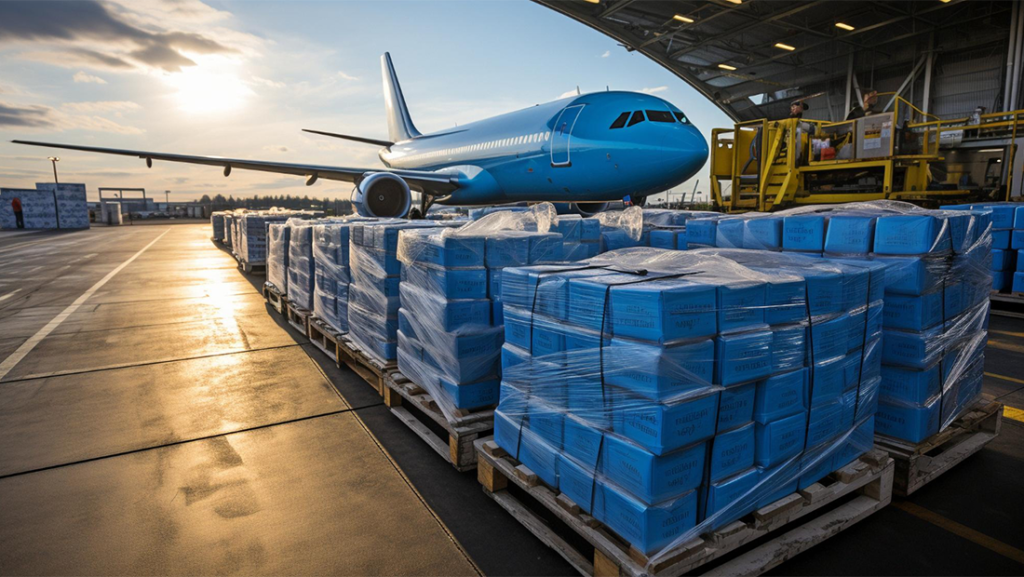The logistics industry is constantly evolving, driven by technological advancements, changing consumer expectations, and global market dynamics. As we move further into 2024, it’s essential for businesses to stay ahead of the curve by understanding the trends that are shaping the future of logistics services. In this blog post, we’ll explore the top five trends that are transforming the logistics landscape and how your business can leverage them to stay competitive.
1. The Rise of Autonomous Vehicles and Drones
Autonomous vehicles and drones are no longer just futuristic concepts—they are becoming integral components of modern logistics systems. With companies like Amazon and UPS experimenting with drone deliveries and self-driving trucks, the logistics industry is on the brink of a major transformation.
Benefits:
- Faster Deliveries: Autonomous vehicles and drones can reduce delivery times, especially in urban areas where traffic congestion is a significant issue.
- Cost Savings: By reducing the need for human drivers, businesses can lower labor costs and improve efficiency.
- Enhanced Safety: Autonomous technology has the potential to reduce accidents and improve overall safety in the logistics industry.
As this technology continues to evolve, businesses that adopt autonomous delivery solutions will be better positioned to meet the growing demand for fast and reliable shipping.
2. Green Logistics and Sustainability Initiatives
Sustainability is becoming a top priority for businesses across all industries, and logistics is no exception. With increasing pressure from consumers and governments to reduce carbon footprints, logistics companies are investing in green initiatives to make their operations more eco-friendly.
Key Initiatives:
- Electric Vehicles (EVs): The adoption of electric trucks and delivery vehicles is gaining momentum, reducing emissions and dependence on fossil fuels.
- Sustainable Packaging: More companies are opting for recyclable and biodegradable packaging materials to minimize waste.
- Efficient Route Planning: Advanced algorithms and AI-driven tools are being used to optimize delivery routes, reducing fuel consumption and emissions.
By embracing green logistics, businesses can not only reduce their environmental impact but also enhance their brand reputation and appeal to eco-conscious consumers.
3. The Integration of AI and Machine Learning
Artificial Intelligence (AI) and Machine Learning (ML) are revolutionizing the logistics industry by enabling more efficient operations and better decision-making. From demand forecasting to route optimization, AI and ML are being integrated into various aspects of logistics to enhance performance.
Applications:
- Predictive Analytics: AI-driven analytics can forecast demand, allowing businesses to optimize inventory levels and reduce stockouts.
- Automated Warehousing: Robotics and AI are being used to automate warehousing processes, improving accuracy and speed.
- Customer Insights: Machine learning algorithms can analyze customer behavior and preferences, enabling personalized delivery options.
Businesses that harness the power of AI and ML will be able to streamline their logistics operations, reduce costs, and improve customer satisfaction.

